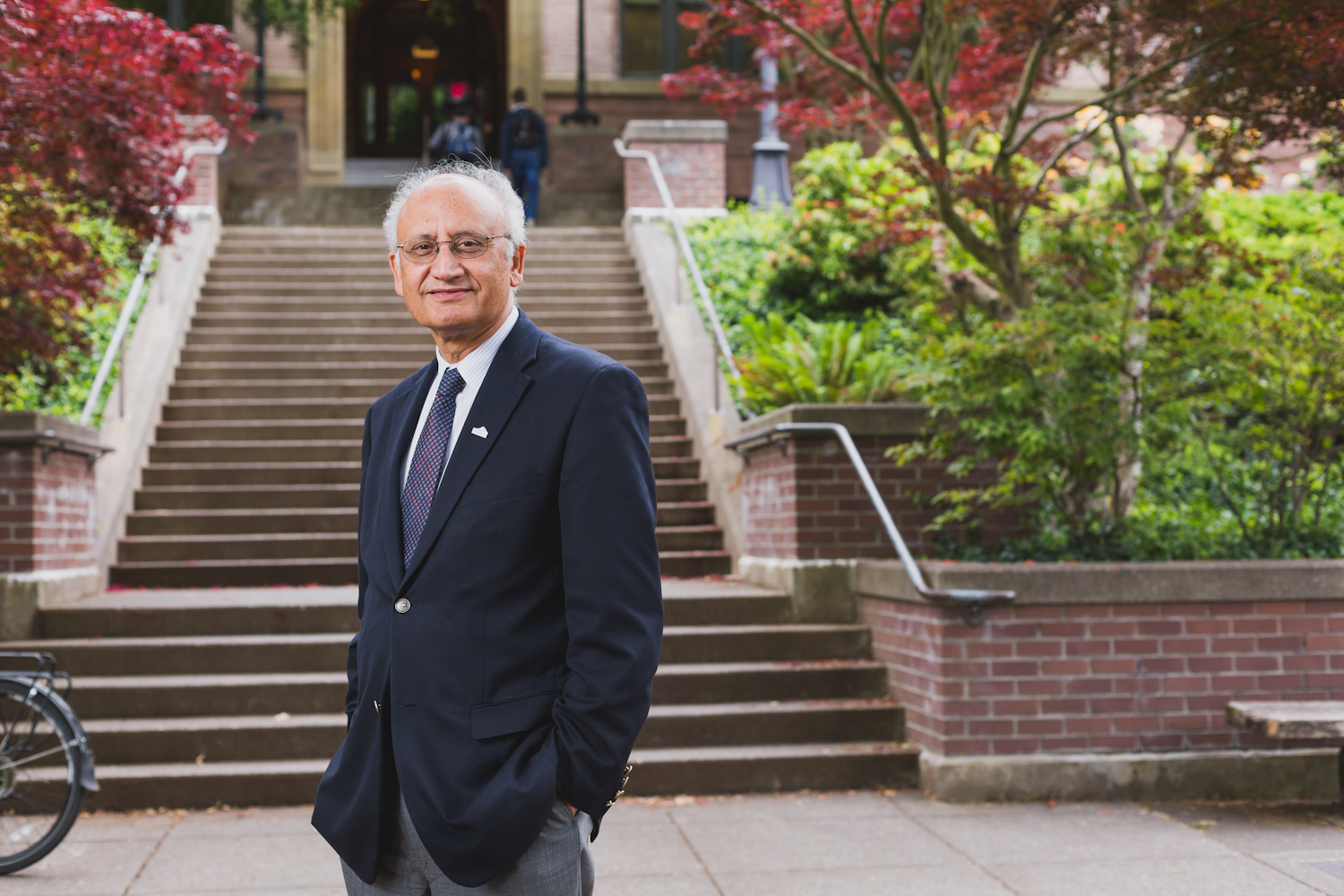After a long, dark year of pandemic-induced isolation, social muscles have atrophied for many of us. In-person gatherings now call for weighty questions about who is vaccinated and who isn’t. And many people, who during the pandemic found some time on their calendars for deeper reflection, aren’t eager to go back to the world as they knew it.
This issue of Window magazine is all about reminding us of the power of we. Whether it is the community and solace that military veterans find in writing about their experiences and sharing them with other veterans through Western’s Stories Deployed program, or the excitement of being part of a worldwide team of scientists exploring new worlds on Mars, we are reminded that, as human beings we all share the same sorrows, the same hopes, the same potential.
The COVID-19 pandemic has made us remember how interdependent we are: What happens to one person can soon affect many others, even on the far side of our planet. It also reminds us that what affects the human family has to be addressed by all of us.
This is a belief deeply held by Washington state’s first Indigenous poet laureate, member of the Lhaq’temish (Lummi) Nation and Western alumna, Rena Priest. She speaks to us of the resilience, the beauty and also the hard truths of the natural world.
Recently Rena has been inspired by the concept of “solastalgia,” popularized by philosopher Glenn Albrecht, described as a feeling of dread for the disappearance of recognizable spaces and associations of home. As opposed to nostalgia—the homesickness experienced by individuals when separated from a loved home—solastalgia is the distress produced by environmental change impacting people in their home environment.
This certainly describes how many of us feel about recent climate-induced changes in our beloved natural places, but it might just as accurately describe our disorientation after a global pandemic that upended nearly every aspect of our customary lives.
There’s good news though. Research has indicated that solastalgia can also have an adaptive function when it leads people to seek comfort collectively through conversation and action that allows for emotions to be processed, resulting in resilience and growth.
As we emerge from the pandemic, we are all likely dealing with some level of post-traumatic stress. But there’s also something called post-traumatic growth. I think there are moments in our lifetime, and this is one of them, where we get a chance to think hard and think big about what the future should look like. There’s a lot we should let go of and a lot we can improve upon, and the best way to do that is by doing something important together that makes belonging matter.
